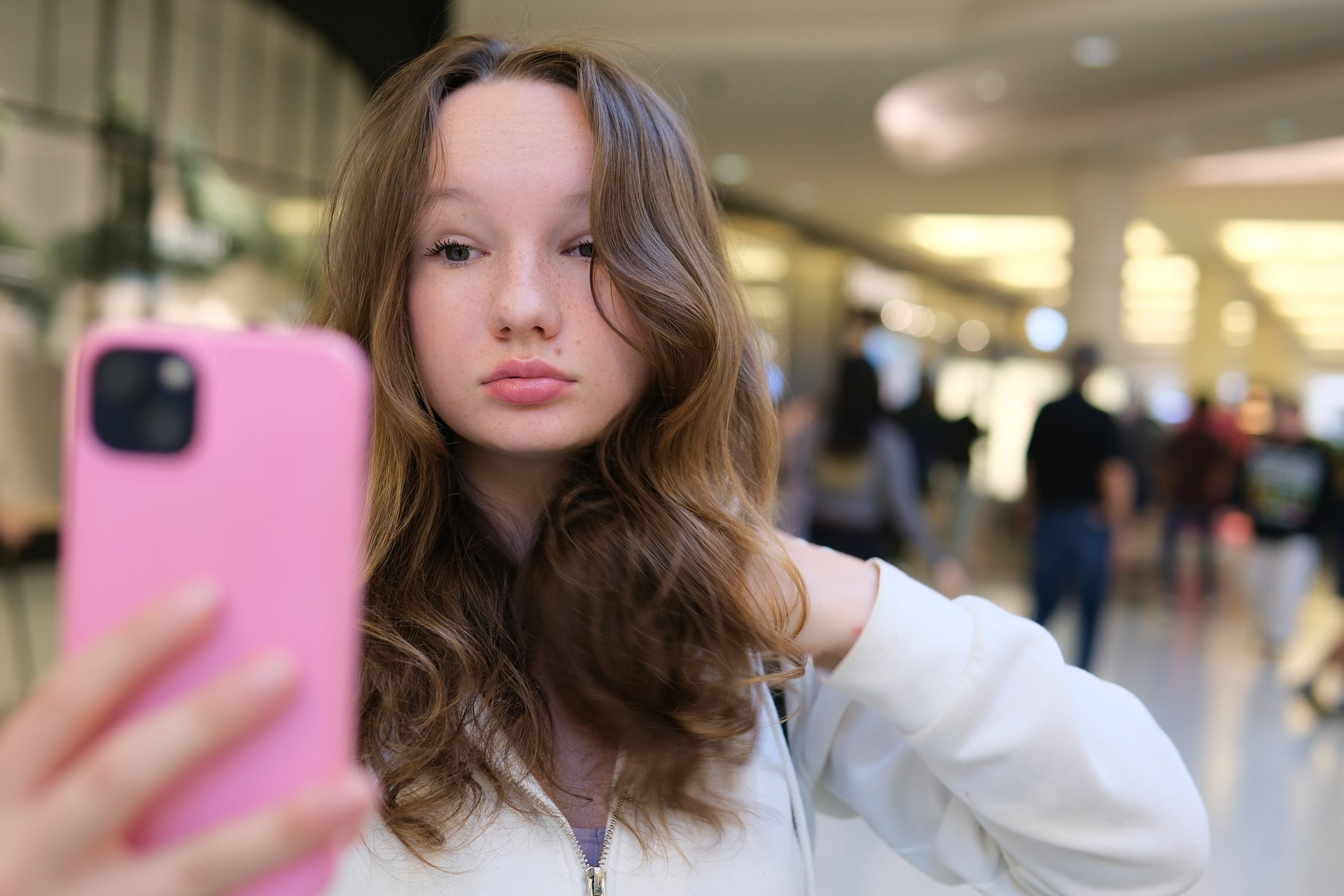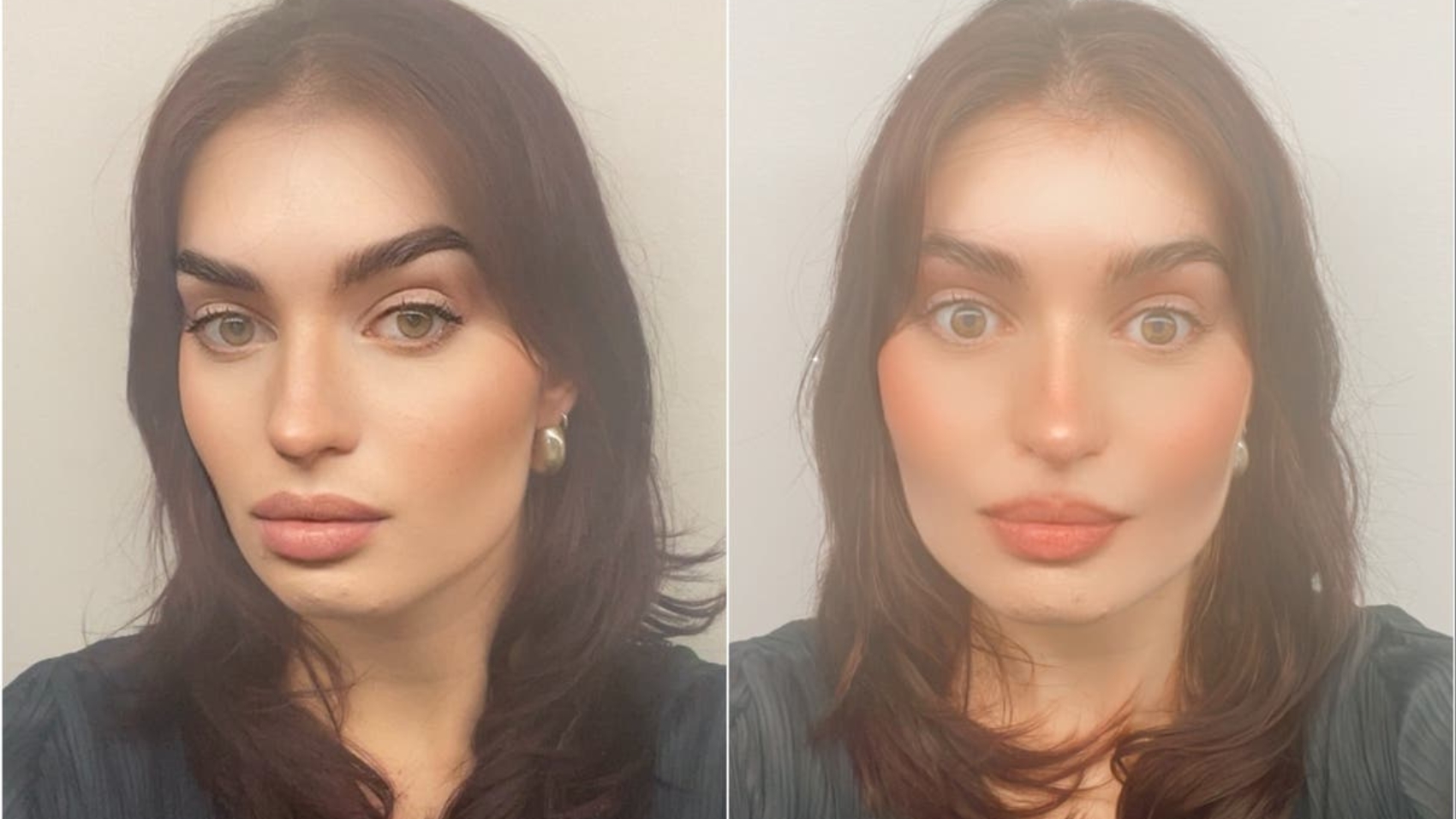Your help helps us to inform the story
From reproductive rights to local weather change to Massive Tech, The Unbiased is on the bottom when the story is growing. Whether or not it is investigating the financials of Elon Musk’s pro-Trump PAC or producing our newest documentary, ‘The A Phrase’, which shines a light-weight on the American girls preventing for reproductive rights, we all know how essential it’s to parse out the information from the messaging.
At such a essential second in US historical past, we’d like reporters on the bottom. Your donation permits us to maintain sending journalists to talk to each side of the story.
The Unbiased is trusted by Individuals throughout the whole political spectrum. And in contrast to many different high quality information shops, we select to not lock Individuals out of our reporting and evaluation with paywalls. We imagine high quality journalism must be accessible to everybody, paid for by those that can afford it.
Your help makes all of the distinction.
Aged 13, I grew to become obsessive about taking selfies. I might pout and publish and watch the likes roll in. Rinse and repeat. Besides what I used to be capturing on my telephone’s digital camera wasn’t truly me – it was a beautified model of my face that wasn’t real. The individual on my display bore a resemblance to me, however every part was polished to perfection. She had a narrower face, a smaller nostril, smoother pores and skin, plump lips and enlarged Pixar princess-style eyes. I used to be enamoured with the outcomes. Each image I posted could be that unattainable model of my face.
I had grow to be hooked on utilizing magnificence filters: an AI-powered digital device that may improve an individual’s look in actual time. Apply one among these filters and also you’ll appear to be Kim Kardashian’s sixth sister, a Victoria’s Secret mannequin or somebody who has undergone a collection of drastic tweakments, for the reason that filters are sometimes designed to cater to present hegemonic requirements of magnificence.
After I was a teen in 2013, these filters have been accessible of their early types on Instagram and Snapchat, since TikTok wasn’t but invented. Though the filters I used again then have been comparatively crude in comparison with at this time’s choices, they nonetheless consumed my life – and my self-perception.
That’s why I’m happy to listen to that TikTok will quickly limit the wonder filters that may be accessed by teenage customers. Within the coming weeks, under-18s might be blocked from artificially making their eyes larger, plumping their lips and smoothing their pores and skin texture by means of the usage of filters, on account of issues about rising anxiousness and falling vanity amongst youthful generations. The restrictions will apply to the extra drastic filters, not the enjoyable ones that add bunny ears or canine noses. Among the many restricted filters are the favored “Daring Glamour” filter, which bronzes the pores and skin tone, offers your eyebrow a excessive arch, chisels your jawline and makes your lips thicker. That is certainly excellent news. However will the ban go far sufficient? Or has the very existence of AI magnificence filters created an untameable beast?
Smartphone filters date again to the early 2010s; the iPhone 4 was Apple’s first product with a selfie digital camera. In case you’ll permit me to recap the darkish ages of social media, then you might keep in mind the primary model of Instagram after it launched in 2010, which included the filters “Sierra” and “Mayfair”. These have been comparatively innocent photograph results, which modified the color and texture of the general image. They weren’t supposed to beautify the topics within the photograph, whereas the filter might solely be utilized after the image was taken.
That each one modified in 2011, when the Instagram 2.0 replace launched “dwell filters” which allowed customers to use their results whereas they have been taking the precise image. Filters grew to become so fashionable that in 2013 the hashtag #NoFilter grew to become a catch-all phrase to suggest completely no digital alteration had taken place. By 2015, chatroom app Snapchat launched its “lenses” function, which launched facial recognition expertise into filters. Initially, it began with enjoyable, child-friendly filters – you might vomit a rainbow whenever you opened your mouth, for instance. After that, although, issues bought much less enjoyable, extra superior, and filters grew to become geared in the direction of perfecting one’s options.
At present, folks can design their very own filters and use them on a spread of social media platforms. For instance, in 2020, the “Good Pores and skin” filter for Snapchat and Instagram – created by Brazilian augmented actuality developer Brenno Faustino – gained hundreds of thousands of impressions within the first 24 hours of its launch. You need to use filters like these to report your self in actual time, which suggests you may put on the filter as you speak, transfer your face, and even look in several instructions. This degree of development makes a specific look really feel attainable and reasonable. And swathes of younger folks have reported seeing their actual faces as ugly as soon as they’ve used facial filters.
Dr Lisa Strohman is a medical psychologist and creator of Unplug: Elevating Youngsters in a Know-how Addicted World. She tells me that she’s seen first hand how filters may give the youngsters who use them a false sense of actuality. “Continuous publicity to altered photos can form teenagers’ beliefs about what they need to appear to be, resulting in them valuing their filtered selves over their actual selves,” she explains. “Filters decimate the vanity and self-worth of youngsters.” For the younger, whose brains are continuously growing – together with how they understand themselves – filters are particularly damaging as a result of they promote a regular of magnificence that’s solely achievable after spending 1000’s on cosmetic surgery or injectables.
It’s fascinating, then, to contemplate that the phrase filter additionally describes one thing that may sift out undesirable impurities. A facial filter basically does the identical – by eradicating what we dislike about our faces. Biopsychologist Dr Mary Poffenroth tells me that younger folks can grow to be extra accepting of the fake face they see earlier than them over their very own. “When folks see filtered faces frequently, the mind begins to simply accept this because the norm,” she explains, including that this can lead to a neurological disconnect. “This offers a distorted view of 1’s personal look, and the individual could discover it tougher to simply accept their true options.”

After which there’s the “likes”. They’ve lengthy meant immediate gratification, however they will gasoline an addictive cycle, says Poffenroth. She describes the sluggish build-up of likes on a selfie as a “reward system within the mind” that may set off the discharge of dopamine. “Because of this, folks could discover it tougher to withstand the temptation to continuously alter and enhance their look, even when they’re conscious of the potential detrimental penalties,” she says.
When the probabilities of how we might look grow to be introduced to us, it’s no surprise that beauty remedies like lip filler and Botox are on the rise amongst girls as younger as 18. Plastic surgeon Steven Hanna tells me that he’s continuously navigating the steadiness between aesthetic tendencies, affected person expectations and surgical security. In a current paper he authored for Oxford’s Aesthetic Surgical procedure Journal, he examined how beauty practitioners have a rising duty to handle sufferers’ expectations and educate them on the cyclical nature of social media tendencies, earlier than making the choice to go below the knife or needle.
“Filters painting unattainable outcomes that can not be achieved surgically, or could require dangerous, multi-step interventions,” Hanna explains. He’s observed how social media tendencies go away folks dissatisfied with their very own look and, imagine it or not, this isn’t a fascinating circumstance for a surgeon. “I regularly speak to my sufferers about specializing in protected, achievable objectives, steering them away from unrealistic expectations influenced by filters … we have to proceed educating adolescents about physique positivity and demanding pondering round media imagery.”

Strohman says that the TikTok facial filter ban is a welcome change – but it surely’s not sufficient. As adults, we have to train youngsters that what they see on social media isn’t at all times actual. “TikTok’s resolution is a step ahead, however we should additionally proceed to teach and empower younger folks to navigate these platforms in a manner that prioritises their wellbeing,” she says. “Encouraging authenticity, fostering media literacy, and selling wholesome physique picture are key to mitigating the dangerous results of AI-generated magnificence filters.” Authenticity is a phrase I discover fascinating, right here, since social media lacks it completely. I might know, as a result of I spent a number of years making an attempt to change my look on-line.
Social media websites do little to inform us the reality in regards to the photos we view. Hanna says that platforms like TikTok might begin including disclaimers to altered photos which may remind customers that the filters are synthetic, and that they’re not reflective of a humanly potential look. That is one thing that Instagram is rumoured to be introducing in an try to discourage folks from importing edited Photoshopped footage, however nothing has been put in place to date.
I’m happy to say that I ultimately grew out of utilizing facial filters. However maybe I used to be simply fortunate that the filters I used as a teen have been much less superior. On a mission to see what is on the market at this time, I scroll by means of TikTok’s present choices – one filter offers me false fluttery eyelashes, one other chisels my jawline to appear to be I’ve undergone buccal fats removing, and one other offers me reasonable freckles and a cute, pointy nostril. It’s tempting. However it’s not actual. I simply hope younger youngsters will get the message.
#god #TikTok #banning #magnificence #filters #teenagers #ruined #youth
The Unbiased
#god #TikTok #banning #magnificence #filters #teenagers #ruined #youth
Ellie Muir , 2024-12-09 06:00:00


